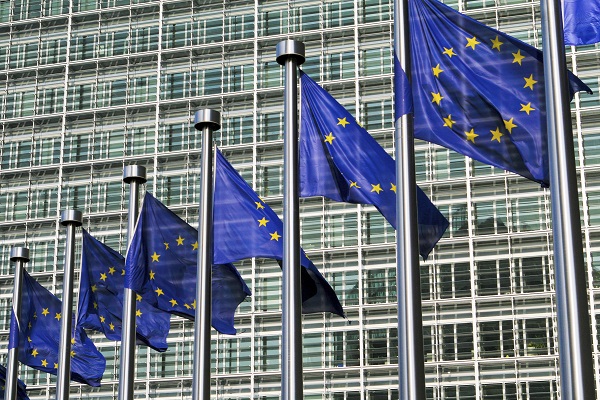
Luxembourg's Ministry of the Economy has expressed its support for the new European industrial strategy presented on Wednesday by the European Commission.
The Economy Ministry recalled in a press statement that Luxembourg has been one of the Member States of the European Union (EU) which has called, for many years, for a more strategic and coordinated approach to modernise and diversify the European industrial fabric. European industrial policy has gained urgency in the face of the challenge of green and digital transitions and following the COVID-19 crisis, which has revealed the existence of important strategic dependencies at the international level in critical sectors such as raw materials and vaccine production.
Luxembourg's Minister of the Economy, Franz Fayot, noted: “The new industrial strategy identifies the right priorities to support the transition of our industry. I particularly appreciate the actions announced which aim to steer the steel sector towards greener, cleaner and more competitive production. I also mentioned it during my interview with Commissioner Breton last Monday in Luxembourg. To increase its resilience vis-à-vis the rest of the world, the European Union must strengthen its production capacity and fully exploit its innovation potential. It will now be a question of quickly concretising and implementing the actions proposed by the Commission”.
In addition, the European Commission will carry out needs analyses in fourteen strategic ecosystems, ranging from pharmaceutical ingredients to cloud technologies with a view to offering support measures where they are needed. The European internal market will constitute another cornerstone of the strategy, the integrity of which is recognised as essential not only for the recovery but for the competitiveness of European industry in general. In this area, the Commission has proposed in particular to create an “emergency mechanism” aimed at guaranteeing the free movement of goods, services and people by avoiding the establishment of barriers at national borders. The aim is to prevent the unsatisfactory situation observed during the pandemic, which had adverse effects on European economies and citizens, from recurring in the future.








